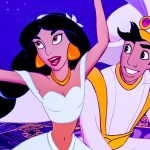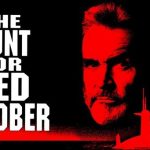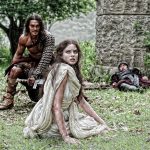𝙂𝙊𝘿 𝙊𝙁 𝙒𝘼𝙍 (2025): A Father’s Fury, A God’s Redemption
𝙂𝙊𝘿 𝙊𝙁 𝙒𝘼𝙍 (2025): A Father’s Fury, A God’s Redemption
In 2025, God of War storms into theaters not merely as a video game adaptation, but as a mythological epic grounded in raw emotion, staggering visuals, and the complicated legacy of fatherhood. Starring Dwayne Johnson as Kratos—the Ghost of Sparta—the film takes one of gaming’s most iconic characters and reimagines him for the big screen with brutal elegance and soul-wrenching depth.
Set in the haunting world of Norse mythology, God of War (2025) opens in the silent woods of Midgard, where Kratos lives in exile with his young son, Atreus. Long gone is the rage-filled destroyer of Olympus. This Kratos is weary, scarred, and burdened by the past. He chops trees in the snow, teaches his son to hunt, and grieves the loss of his wife, Faye. But peace is not meant to last for gods like him. When Faye’s dying wish sends Kratos and Atreus on a journey to scatter her ashes from the highest peak in the Nine Realms, it awakens old powers—both divine and dangerous.
As they travel across realms—facing Draugr, trolls, and the wrath of the gods—Kratos must hide a terrifying truth: Atreus is not just a boy. He is Loki, a child of prophecy, and a threat to the ancient order. Odin, the Allfather, learns of their journey and dispatches his enforcers—Baldur and Thor—to destroy them. The journey becomes a chase. The mission becomes a war. And for Kratos, the road to the mountain becomes a test of whether a god can ever truly change.
Dwayne Johnson delivers the most nuanced performance of his career. With a shaved head, heavy prosthetics, and a voice that carries both thunder and regret, his Kratos is a man of few words and massive presence. Gone is the charismatic action star. In his place stands a warrior who has seen too much death, too much loss, and now clings to the one thing that gives him purpose—his son. His quiet moments are devastating, his rage is thunderous, and every motion is charged with the weight of history.
Atreus, portrayed by the brilliant Jacob Tremblay, provides the heart of the film. He is curious, gentle, brave, and at times naïve. He questions everything: the gods, his father, the nature of fate itself. Where Kratos sees danger, Atreus sees wonder. Their dynamic—often strained, sometimes tender—is the soul of the story. As Atreus begins to uncover his true identity, and as his powers begin to awaken, the tension between father and son becomes unbearable. Kratos fears that the boy will follow in his blood-soaked footsteps. Atreus fears he is being lied to. Both are right. Both are wrong. And both are bound together by love neither of them knows how to express.
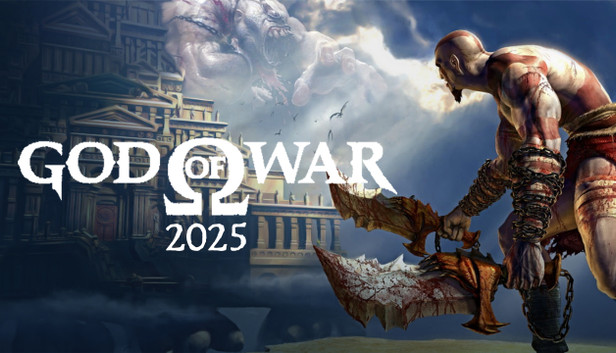
The supporting cast elevates the mythic scope of the film. Alexander Skarsgård plays Thor with terrifying presence—a hulking brute who strikes with unrelenting power, yet carries a subtle sadness beneath the thunder. Bill Skarsgård’s Baldur is a revelation: cursed with immortality and unable to feel pain, he fights not for duty, but for release. His conflict with Kratos is both philosophical and physical. Eva Green is magnificent as Freya, the vengeful goddess and mother of Baldur, whose grief turns to fury. Mark Strong’s Odin is as manipulative as he is omnipotent, casting shadows over every decision, every prophecy, every death.
The visuals of God of War are nothing short of breathtaking. Director Chad Stahelski and cinematographer Greig Fraser craft a world where ancient myths feel tangible. Each realm has its own atmosphere, culture, and mood. Midgard is cold, harsh, and grounded. Alfheim glows with unearthly light. Helheim is a frozen tomb of the dead. Muspelheim burns with apocalyptic fire. And Jotunheim—the realm of giants—is vast, silent, and majestic, holding secrets buried beneath stone and snow.
Battles are choreographed with poetic brutality. Kratos’ Leviathan Axe returns, every throw and recall thunderous. The Blades of Chaos—symbols of his cursed past—flare with rage and sorrow when unleashed. Atreus aids from afar, using his bow and growing magic to assist in combat. But every fight is more than action; it’s story. Whether Kratos is wrestling with a troll, clashing with Thor, or trying to restrain Atreus from a dangerous path, the choreography mirrors their emotional arcs.

One of the film’s most powerful choices is the use of long, unbroken takes that mimic the immersive style of the video game. The camera never flinches. It follows Kratos and Atreus closely, weaving through their world with intimate intensity. When the action erupts, the cinematography explodes with energy. When the silence stretches, it lingers with aching beauty. The effect is hypnotic. The viewer is not watching from afar—they are walking beside gods.
Beneath the thunder and spectacle lies the emotional core of the film. God of War is about fatherhood. It’s about legacy. It’s about what we pass down—our strength, our fear, our failures. Kratos doesn’t want his son to know what he’s done. But as they journey deeper into the realms, the past can no longer stay buried. And Atreus, in his innocence, begins to question the cruelty of the gods, the violence of his father, and whether he is destined to become something terrible—or something better.
This tension culminates in one of the film’s most unforgettable scenes. In a quiet moment, as snow falls gently in the woods, Atreus confronts Kratos: “Are you a monster?” Kratos replies, eyes wet with regret: “I was. I might still be. But I try… every day, I try not to be.” It is this vulnerability that transforms the film from mere myth to masterwork.
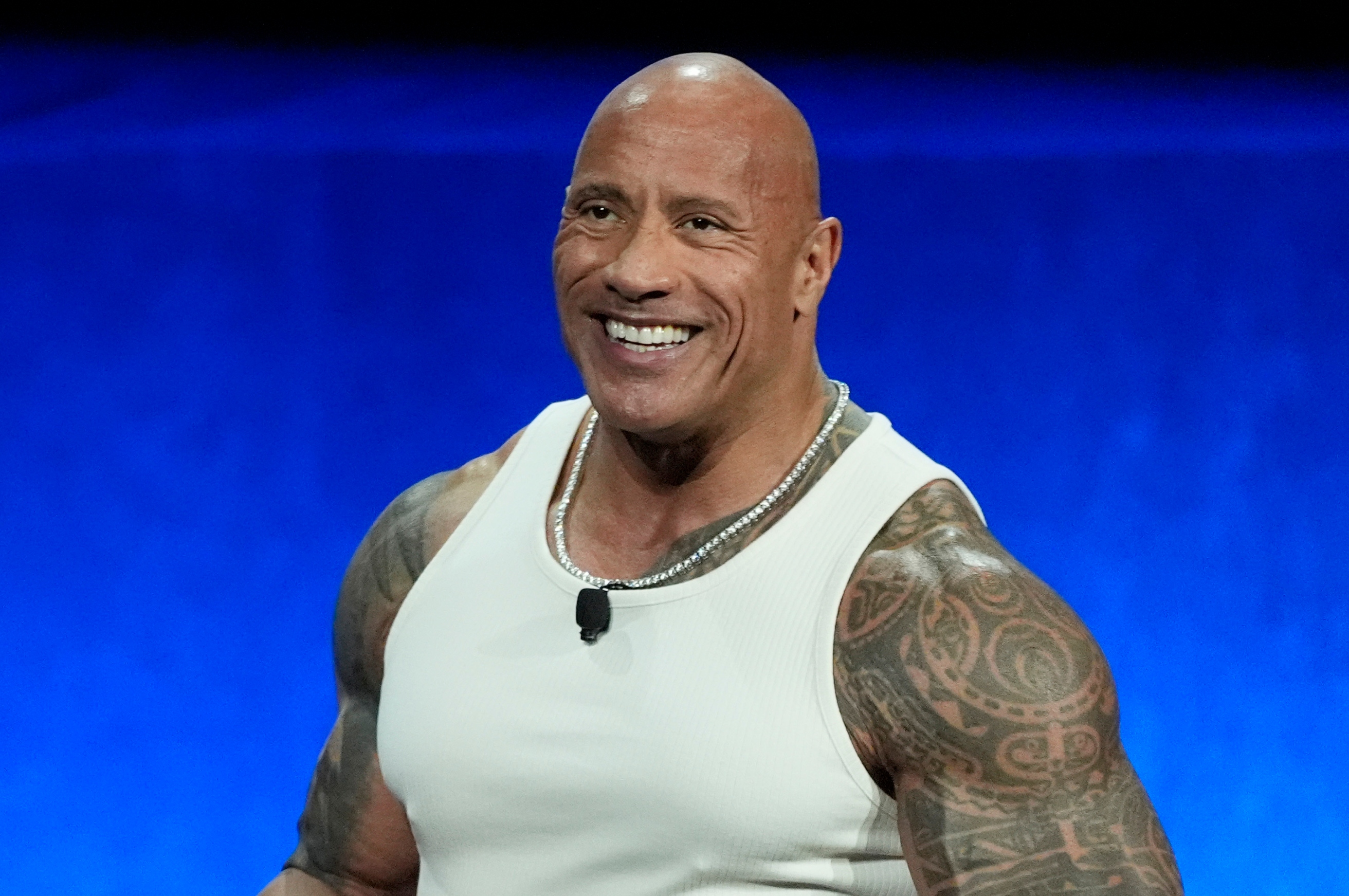
Composer Bear McCreary returns to the franchise to deliver a hauntingly powerful score. Deep drums, ancient Norse chants, and sorrowful strings accompany the journey, enhancing every emotion. Kratos’ theme is brooding and heavy, like the man himself. Atreus’ theme is light, curious, and tinged with melancholy. And when the two themes intertwine, the result is emotionally overwhelming. The music does not simply accompany the story—it tells it.
The final act of the film is as emotionally devastating as it is thrilling. As the secrets of Atreus’ origin are revealed, and the shadow of Ragnarök begins to loom, father and son must decide whether they will follow prophecy—or forge their own path. Kratos is given one final choice: to kill or to spare. To continue the cycle of gods destroying gods, or to end it. His decision defines not just the film’s ending, but its entire philosophy.
God of War (2025) is not merely a triumph of adaptation—it is a triumph of storytelling. It respects its source material, honors its fans, and reaches beyond them to create a film that is timeless and universal. It is about gods and monsters, yes. But more importantly, it is about love. About pain. About what it means to protect someone. To raise someone. To let go of the past in order to give them a future.
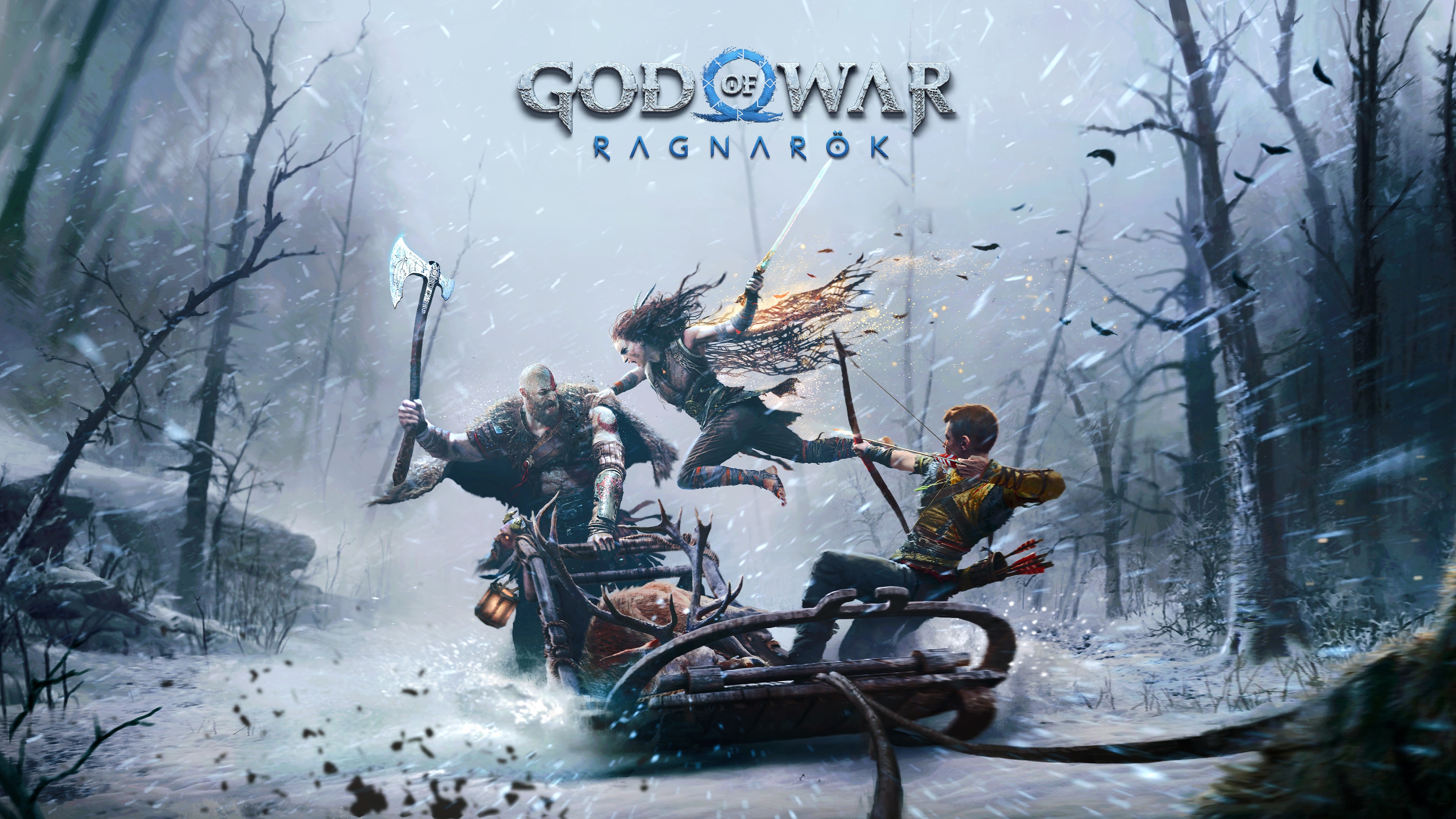
As the screen fades to black, and the credits roll over the snow-covered landscape, one quote remains echoing in the minds of the audience:
“Don’t be sorry… be better.”
That is the lesson Kratos teaches—not with speeches, but with choices. And it is the lesson the film leaves with us: that no matter how broken we are, we can always choose to be better. Even gods.



